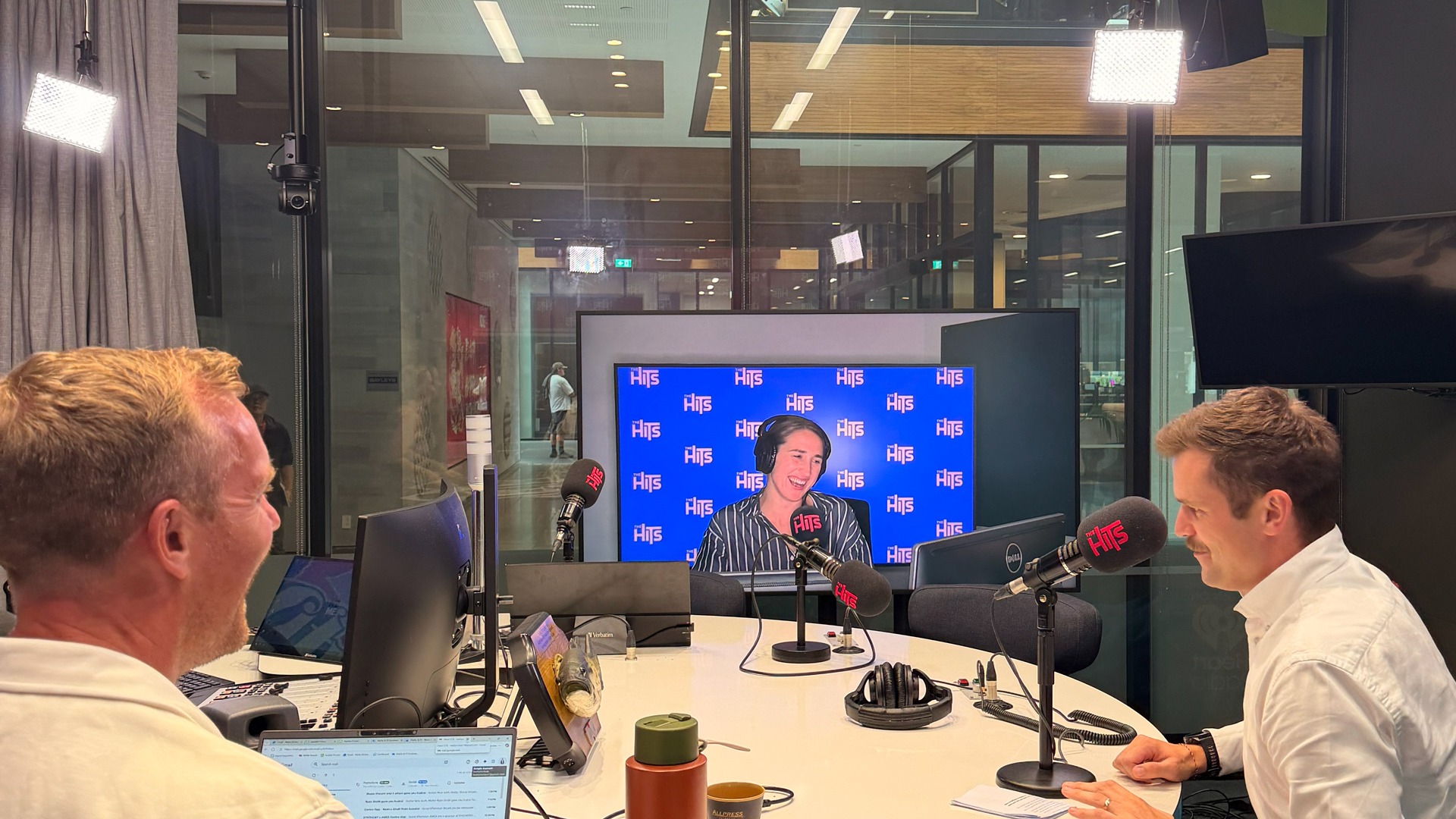Global temperatures are rising, extreme weather events are increasing and biodiversity loss is threatening natural habitats.
Yet sustainability has become a dirty word that elicits eye-rolling from many that hear it. Even worse are the dreaded letters ESG (environmental, social and governance), the most hated acronym on Wall Street according to Bloomberg. The list of words and phrases that annoy some people is long: climate crisis, existential threat, just transition….
Tackling climate change has a language problem. Why?
First, many of the words and acronyms used can be meaningless and unrelatable. Sustainability and ESG encompass many issues from global warming to fair pay to health and safety. Cynicism on these terms is justified given companies can use them to describe a wide range of actions, some of which are irrelevant, immaterial or just good business.
Second, these issues are complex. Take climate change. Estimating the impact of pollution on global warming and the environment is incredibly difficult, exacerbated by the interrelated and compounding effect of greenhouse gas emissions, deforestation and waste. Climate science is now well established and increasingly compelling. But in a world where opinion is often presented as fact on social media and websites with conflicting agendas, it can become frustrating to cut through the noise.
Finally, these issues are overwhelmingly difficult to solve. Climate change alone is estimated to cost anywhere from US$2 trillion to US$3.5 trillion a year. Similarly, the cost of the damage caused by climate change, if unaddressed, is estimated to be anywhere from US$1.5 trillion to US$3 trillion per year. Tackling global poverty and disease is not included in that bill. There is no silver bullet, no cheap fix and we cannot opt out. Everyone will end up footing the bill via higher prices and lifestyle changes, when many household budgets are already overstretched.
The combination of opaque, complex and difficult to solve is toxic. Many people are turning away from the issues or look for simple ‘solutions’.
When it comes to investing, the most common ‘solution’ is excluding fossil fuel companies. This is an appealing strategy – fossil fuels cause the overwhelming majority of greenhouse gases, it’s simple and difficult to obfuscate. Unfortunately, this strategy alone is flawed – it ignores the users of fossil fuels. We can’t tackle supply without tackling demand, while the world is still dependent on fossil fuels we can’t switch them off. It’s a perfect example of trying to make the complex simple and missing the crux of the issue in the process. However, until sustainability becomes less complex and opaque, it cannot compete.
At Milford, we describe our approach to these issues as ‘Sustainable Investing’. To us, this means researching the cause of, and the solutions to, global warming, environmental degradation, social harm, unfair treatment of staff and poor business outcomes. We use this research in two ways:
1. To push the companies we invest in to change for the better; become ‘more sustainable’ in the ways that have the potential to make the most impact.
2. To assess the risks and opportunities in our investments to help deliver best risk adjusted returns.
This strategy requires research, patience and compromise. We cannot offer a silver bullet or a quick fix. But we prefer to opt in, not opt out.
We are going to continue to use the term sustainability. We don’t know of a better one to describe what we do. Whether you are talking about the environment, the economy, or anything in between, the term “sustainable” refers to the ability of a state or system to endure over the long term. We expect the companies we invest in to operate in the same way; transitioning to a more sustainable future for the benefit of people and the planet, including shareholders.
Further Reading:


